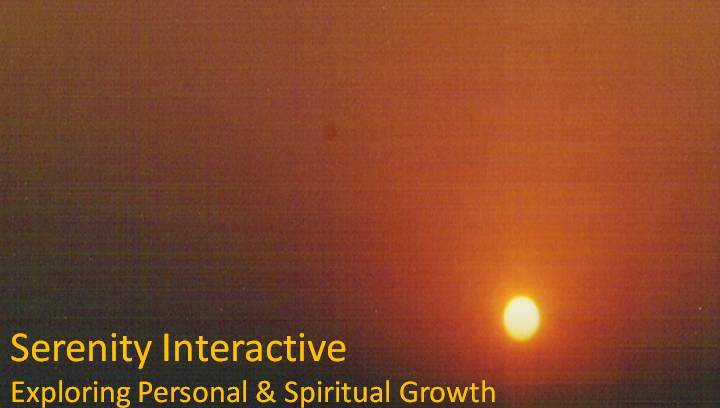Ananthakrishnan:
Taitriya Upanisad in Sishya Valli gives following options:
1. Sastram & a Person who follows Sastram:
If there is a Contradiction between above two, then follow Sastram and omit person who is not following Sastram in that praticular Context.Eg. Durvasa Muni/ Viswamitra etc.,
2. Since Scriptures are made before 1000 of 1000 years, it can not predict all sitautions which we come across in day to day life.In that case, follow a Dharmic person though he alters Sastram to suit the situation.Eg. Lord Krishna in Maha Bharata violated Dharma in many occassions.
With above examples we understand that, nothing is absolute in the world including Dharma and there are lot of Grey areas and a clear line is not visible to follow what in a given situation.Can you elaborate on this?
-------------------
Uday :
You are very correct in your conclusions.
Nothing is absolute other than Brahman.
As for Dharma, it follows the cycle of changes according to the Yugas. Even though there are universal dharmas like truth and non-violence, the same are related to the situation and social structures. Hence what is proper for one culture may not be acceptable in another culture.
Shastra gives the thumb rule for dharmas. The wise ones interpret these rules and apply them to the present situation. There can be differences of opinion regarding the interpretations, but as long as there is no hidden motive or agenda, most interpretations may be taken as accceptable. The decision has to be made so as to be compatible with both shastra and conscience. The difficulty comes when the two are in conflict and both have equal weightage. At such times, it is time to consult someone more informed and experienced with such matters. In the event of no such help being available, we surrender to Ishwara and make the decision. Such decisions are may turn out right or wrong, but then we are ready to accept the consequences as learning experiences.
In extreme situations, there is no way to be sure that our decision is the right one. That is the price of living in a relative universe. We need to accept that we are human beings and not omniscient or omnipotent. Accepting our place in the universe gracefully, functioning through our best capabilities, and learning from consequences is the true spirit of Karma Yoga. We then pray for forgiveness for all our sins of commission and omission done deliberately or unwittingly, and try to compensate for the damage to the best of our abilities.
Thank you for initiating this dialogue. I am sure you and others can throw some more light on this topic.
---------------------
Aparna
As I was reading about Dharma just thought will share my thoughts. As you say Dharma changes with time, because we cant stick to old paradigms, they keep shifting and hence the change.
But when you are raised with very clear or should i say water tight compartments on what is right and what is wrong, it becomes little tough. Because the sense of right and wrong you have inherited is someone else's percieved Dharma, and when your own conscience develops you acquire your "percieved" sense of righteouseness!!!!
Guess beauty of life lies in doing what we feel is right today according to our level of understanding and move on.What i found beautiful was "Such decisions are may turn out right or wrong, but then we are ready to accept the consequences as learning experiences". Because i feel half our lives we end up fretting about "what if" and "then what"....Once you begin to see experiences as learning curves there is no stress of the consequence.
Uday Acharya
9833663108

No comments:
Post a Comment